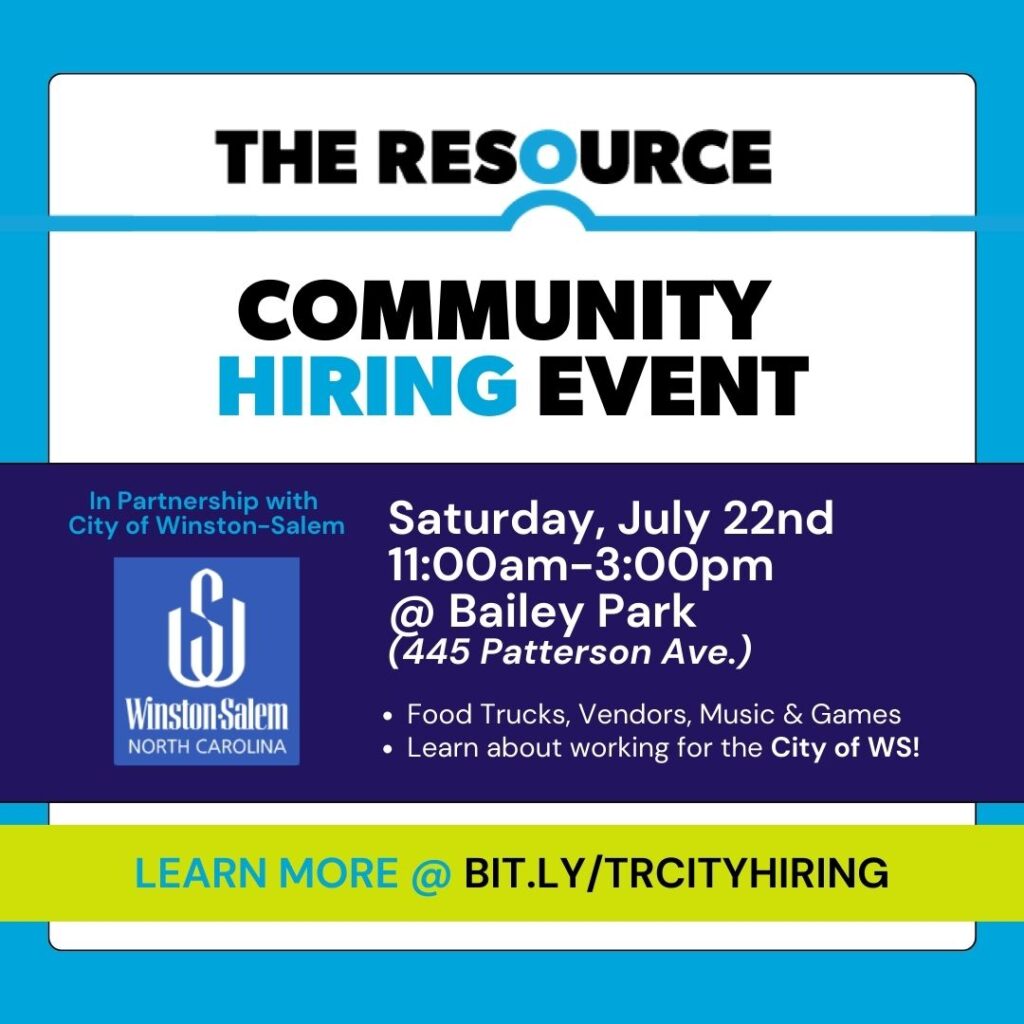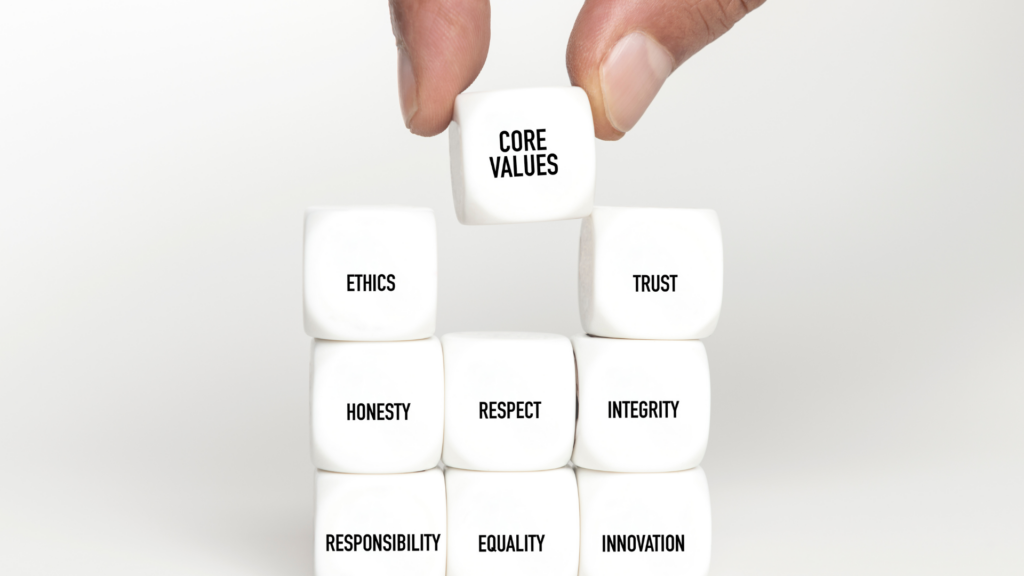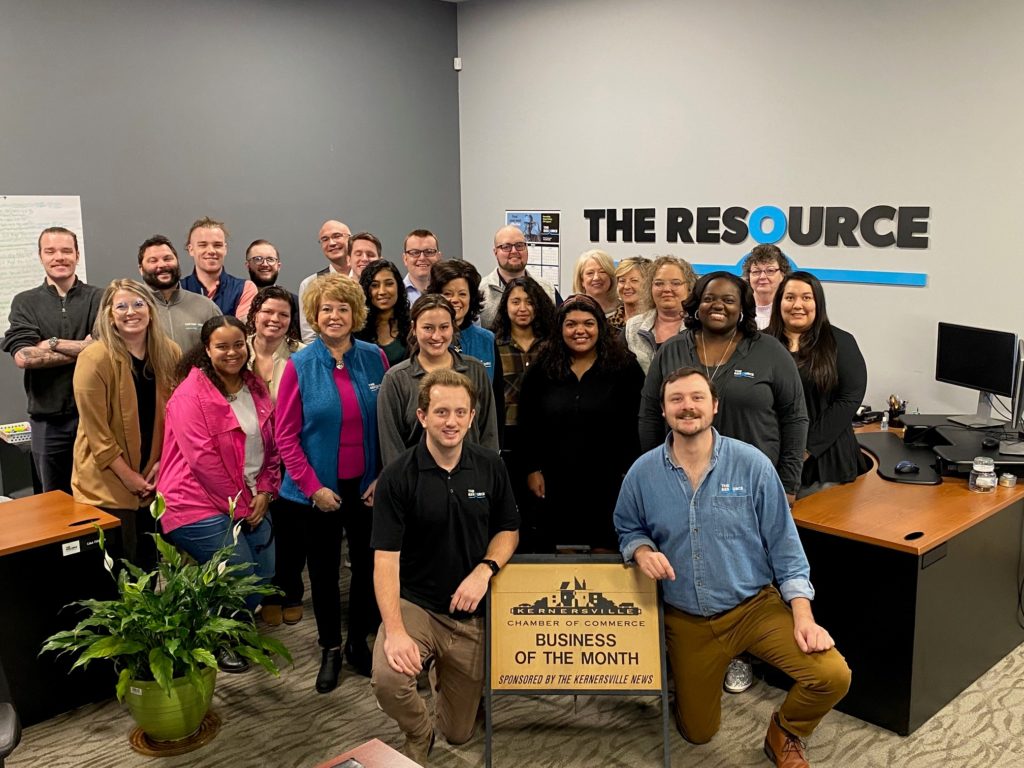Military veterans are proud of their service and believe that it has set
them up well for careers in the civilian world. When "companies . . .
encourage veterans to draw on that experience and unique skill set in their
civilian careers," says Clay Stackhouse, a retired Marine Corps colonel and
regional outreach manager at Navy Federal Credit Union, this "not only helps
ease the transition to civilian life for veterans, but also ensures greater
productivity and employee retention."
Great companies find ways to help veterans and current service members share
their stories. For example, Bell Bank creates videos about employees such as
Andrew Gaydos, a Bell employee and Army captain, who was deployed as part of
a civil affairs team in Romania for a year. While he was away, his Bell
coworkers supported his family by bringing them meals and helping with
chores on their hobby farm outside Fargo, North Dakota. In addition to its
efforts to care for service members (which have been recognized by the
Department of Defense), Bell Bank also honors its veterans on Veterans Day
in a video shared with all of its associates across the company.
Service members who send their resumes to Bell Bank are always brought in
for a screening interview-even if there isn't a job opening for them yet.
"It's very important to me to support our veterans," says Julie Peterson
Klein, chief of staff and chief culture officer for Bell Bank. "If you have
served or are serving, we want to meet you and get to know you."
Upon leaving the service, many service members feel that they could use more
information about retirement saving and investing. In this way veterans
resemble lots of other employees in today's workplace who are looking for
financial well-being and resources to build a strong foundation for their
families.
Workplace flexibility has become increasingly important for all workers in
the postpandemic era-and veterans are no exception.
Employee resource groups (ERGs) are valuable tools for many employees, but
particularly for veterans who value advice from other former service members
as they navigate their transition out of the military. "Less than half of
veterans feel that they were highly prepared for transition to civilian
life," Stackhouse says, and they commonly rely on fellow veterans for career
advice. It can also be helpful for companies to work with nonprofit groups
and organizations that focus on helping veterans build careers after their
service and provide specialized resources and coaching to help smooth their
transition to the civilian workforce.
All employees prize meaningful work, but for veterans the ability to
continue their service is especially compelling. Among many veterans,
serving a purpose is the most sought after trait in a career, underscoring
veterans' desire to continue serving their communities even after leaving
the military..
"Employers should also recognize that there are multiple paths to success
for service members transitioning out of the military, including vocational
education and other career training," says Stackhouse. "Offering veterans
opportunities for instruction in skilled trades, upskilling, and other
career development will help establish stable, meaningful career pathways
for service members transitioning out of the military." Companies that want
to attract veterans should offer them not just jobs but opportunities to
build fulfilling careers.
[1]
Navy Federal Credit Union. 2023. "Best Careers After Service in
2023." Navy Federal Credit Union website, October 30,
www.navyfederal.org/makingcents/military-life/2023-best-careers-after-service.html
Celebrate their service
Help them navigate the hiring process
Offer financial education tools
Prioritize flexibility
Develop employee resource groups for veterans
Connect employees to a higher purpose
Help them build careers
Military veterans, reservists, and members of the National Guard can be
valuable additions to any organization's workforce, bringing their can-do
spirit and specialized training to a variety of civilian roles. Every year,
more than 200,000 service members transition out of the armed
forces[1],
and companies that can offer them a great employee experience are poised to
capture talented, hardworking employees looking to start their next chapter.
In interviews with Great Place to Work, representatives of several great
workplaces offered tips for helping veterans thrive within their new
organizations.










